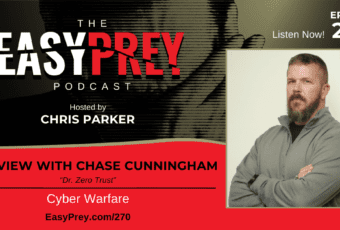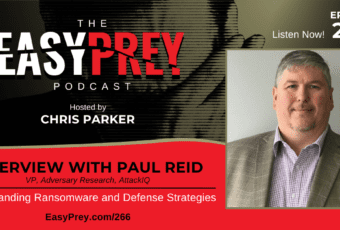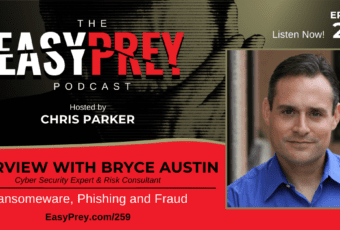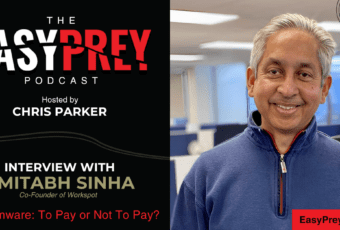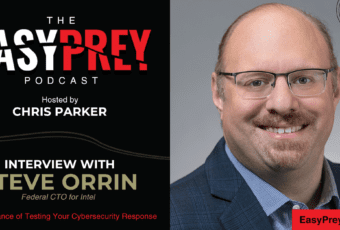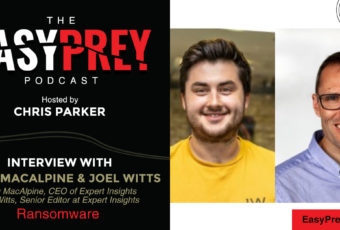Sometimes it feels like every new technology we adopt comes with a new risk we didn’t see coming. From AI and data breaches to phishing scams and ransomware, it’s clear we live in a time when cybersecurity isn’t just a tech issue, it’s a human issue.
Cyber warfare is no longer something that happens behind closed doors or in some far-off digital corner. It’s happening now—and reshaping the rules of conflict in real time. Drone strikes controlled by apps, ransomware attacks on hospitals—today’s battleground is just as likely to be online as on the ground.
When it comes to cybersecurity, most people think about firewalls, passwords, and antivirus software. But what about the attackers themselves? Understanding how they operate is just as important as having the right defenses in place. That’s where Paul Reid comes in. Paul shares insights from his 25+ years in cybersecurity, including his experience tracking nation-state attackers, analyzing ransomware-as-a-service, and why cybercrime has become such a highly organized industry.
Cybersecurity isn’t just a concern for large corporations. It’s vital for businesses of all sizes. Bryce Austin is the CEO of TCE Strategy, a cybersecurity advisory firm. They provide vulnerability scans, penetration tests, fractional CISO services, and incident response services. He is also a professional speaker on ransomware. Bryce is the fractional CISO to many companies, including one on the S&P 500.
Ransomware may not be on your machines due to your negligence or mistakes. It could be there because of third party software you are utilizing. Do you know what to do if this happens to you?
Cyberattacks can happen to an individual computer or an entire network. It’s vital to have well-tested plans in place before ransomware rears its ugly head. Today’s guest is Steve Orrin. Steve is Intel’s Federal CTO and Senior Principal Engineer. He leads public sector solutions architecture, strategy, and engagement and has held technology leadership positions at Intel. Steve was previously CTO, CSO, and co-founder of several successful security startups and is a recognized expert and frequent lecturer on enterprise security.
Ransomware is a type of malware that gets installed on your machine and it locks all of your files so you can’t access them. It spreads very quickly through your computer and you may be unable to access crucial programs and files. Often you get a message from the attackers requesting money or your data will be leaked or deleted. Craig and Joel share their expert insights on how to prevent these attacks.

